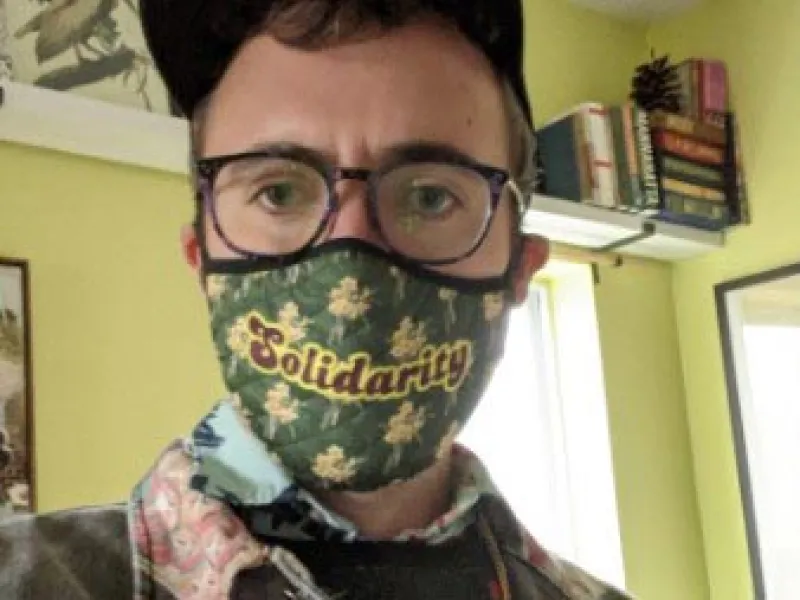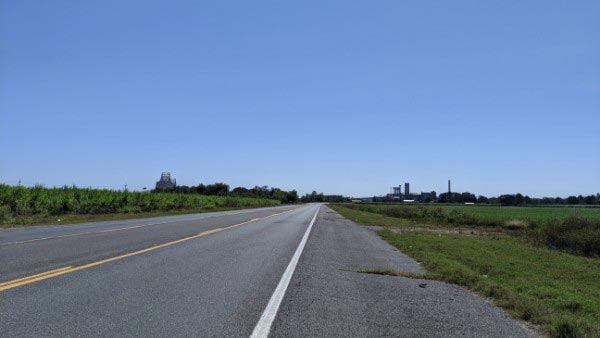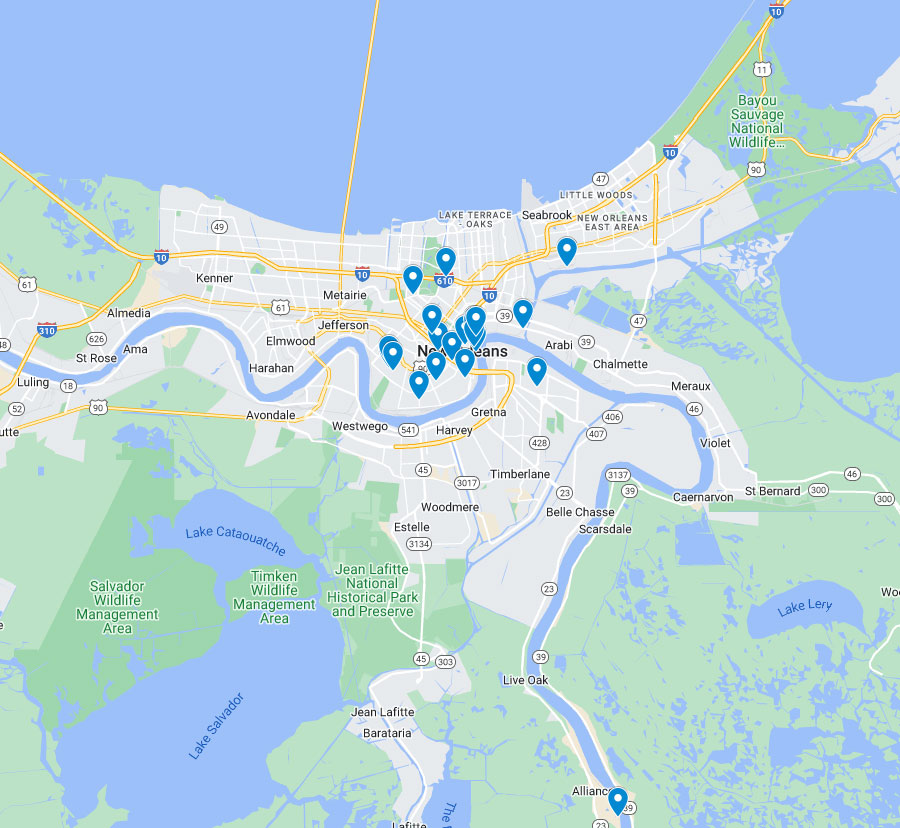
Biography
Theo Hilton is a scholar, songwriter, and music producer living in New Orleans. Currently a PhD candidate in Cultural Anthropology currently in his fifth year, he has an M.A. in cultural anthropology from Tulane and a B.A. in sustainable Development from Columbia University. Theo’s research examines the use of historic preservation narratives by descendant residents in southeast Louisiana Free Settlements struggling against industrial encroachment. His broader research interests include activist methodologies, political ecology, abolitionist geographies, and the politics of recognition. In addition to his dissertation work, Theo has built research and activist partnerships with Jane Place Neighborhood Sustainability Initiative and the Louisiana Environmental Action Network. Theo also explores themes of queerness, race, and Southern identity as singer and songwriter in the band Nana Grizol.
Research
Louisiana’s Mississippi River corridor is known for petrochemical industrial sites and plantation tourism. Both trace their legacies to enslavement-based agricultural production. Through the 20th century, the oil industry replicated the racial logics of plantation power as elites sought to protect the structures that aesthetically affirmed their white supremacist ambitions. Today, descendant residents in Reconstruction-era freedpeople’s settlements critique this version of history as they advocate for environmental justice. These groups contend with exclusionary planning logics, whether seeking historic representation, provision of baseline municipal functions, or protection from toxifying environments. Established through the 1966 National Historic Preservation Act (NHPA), federal processes for identifying historic sites are deployed for industrial construction projects. These include archaeological impact assessments that often confirm their Reconstruction-era pasts in state-legible terms. My research centers the voices of activist residents in historic freedpeople’s settlements who are petitioning for state recognition of their communities on the basis of these studies. Through oral history accounts, government records, and other archives, I trace the NHPA to better understand how it failed to protect these places, how descendant residents and their networks have staked historical claims to place using NHPA protocols, and how residents’ activism outlines a vision of inclusive development.



